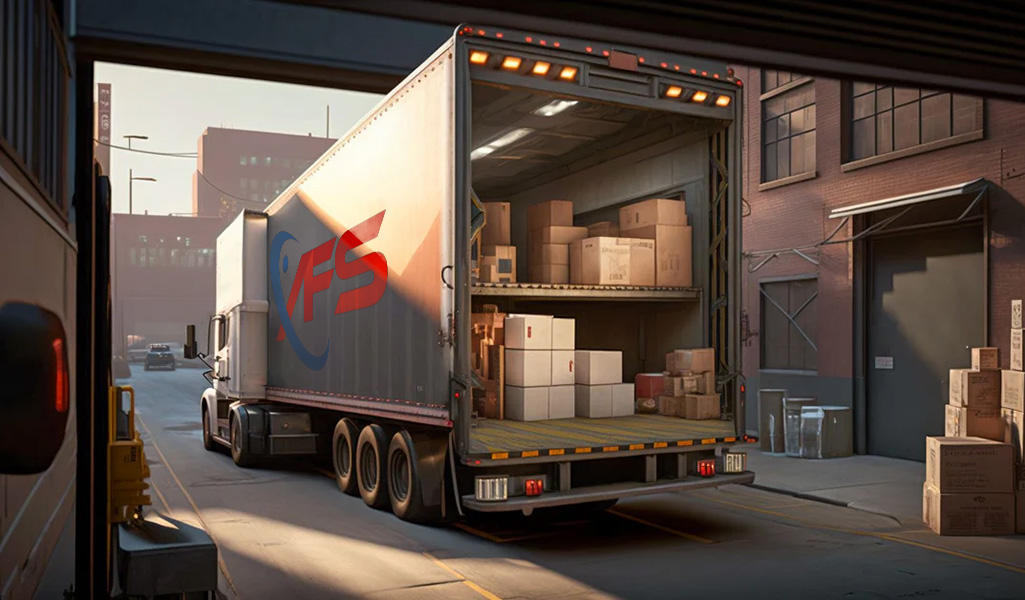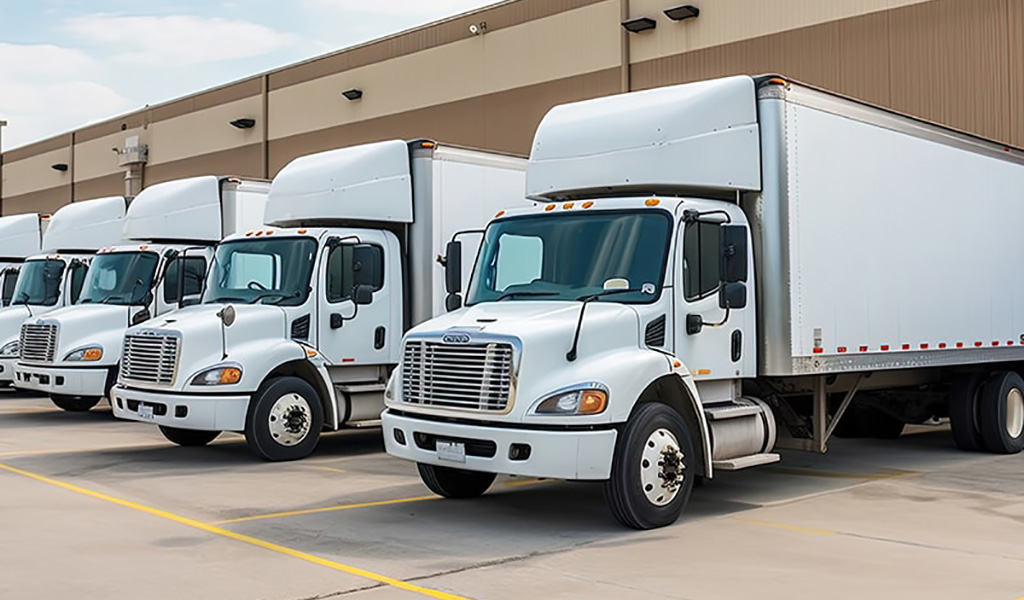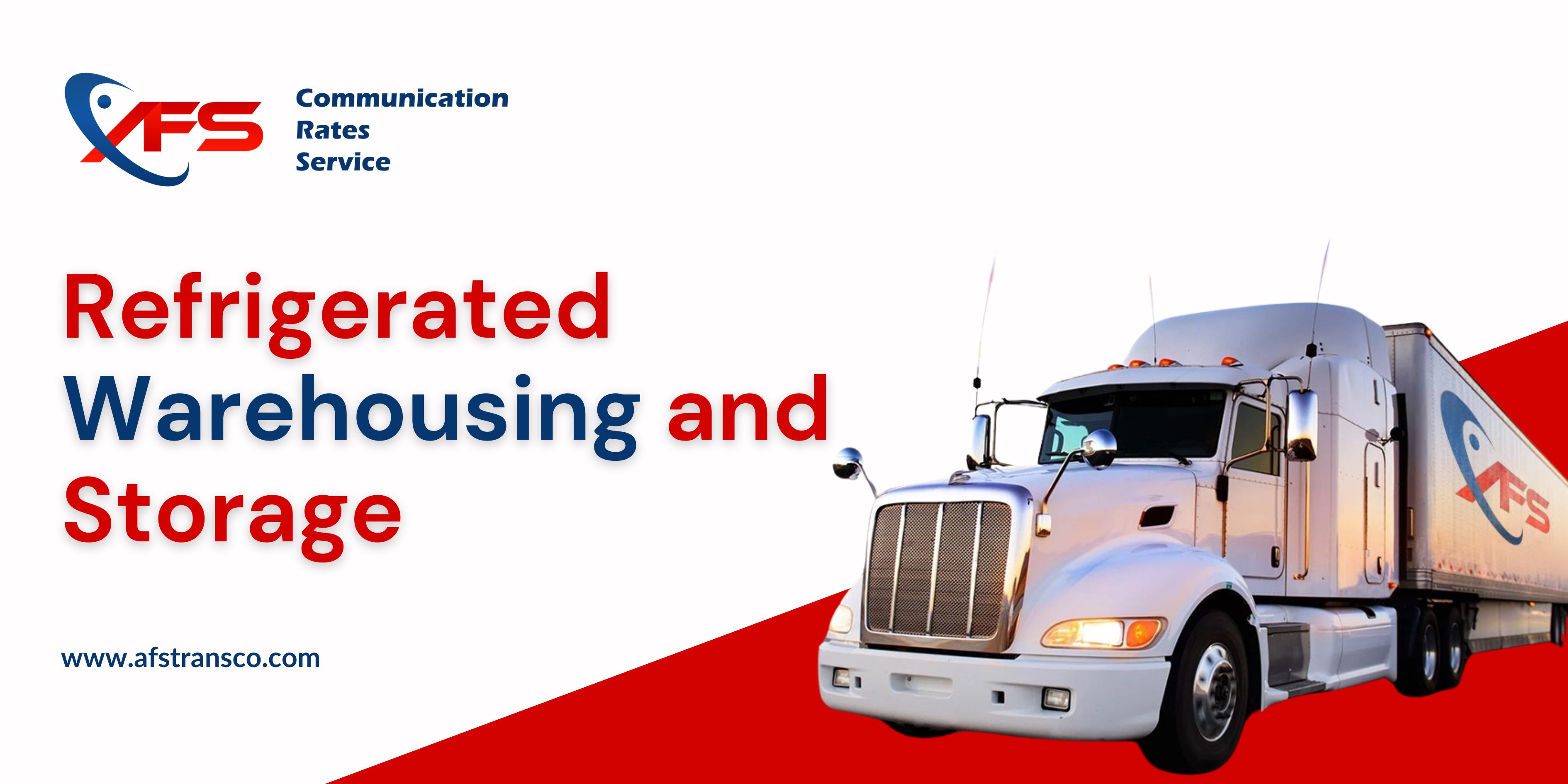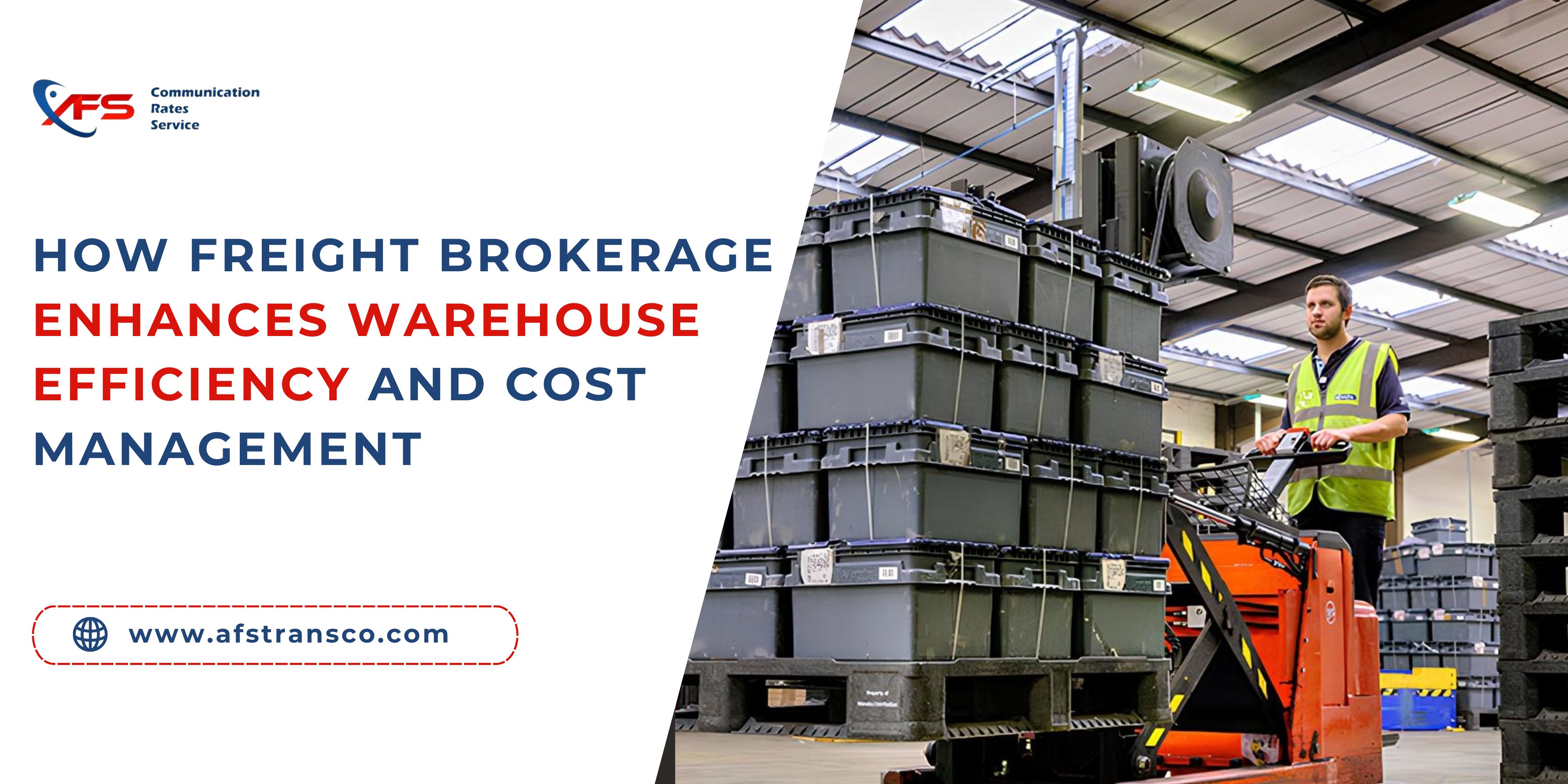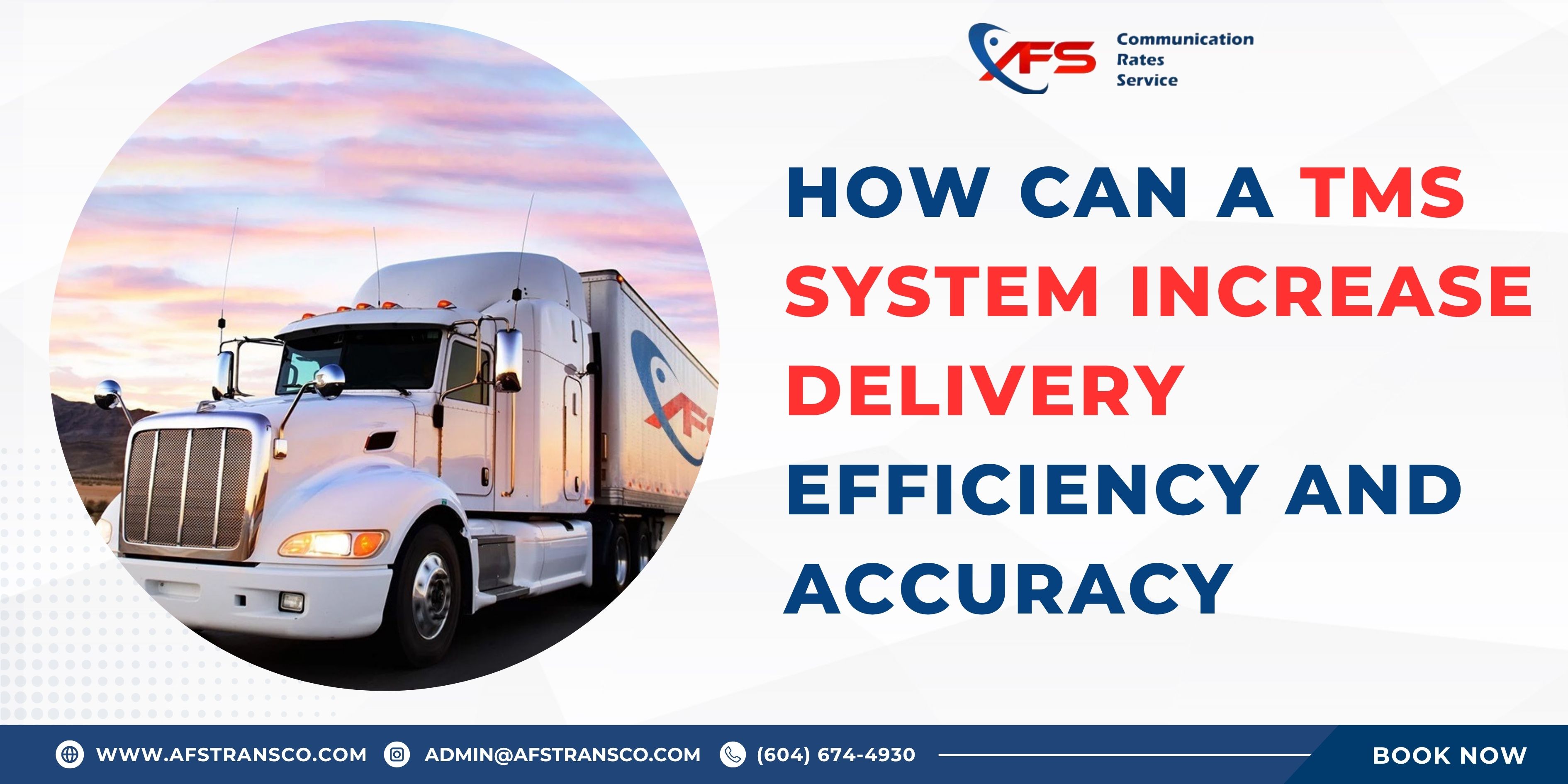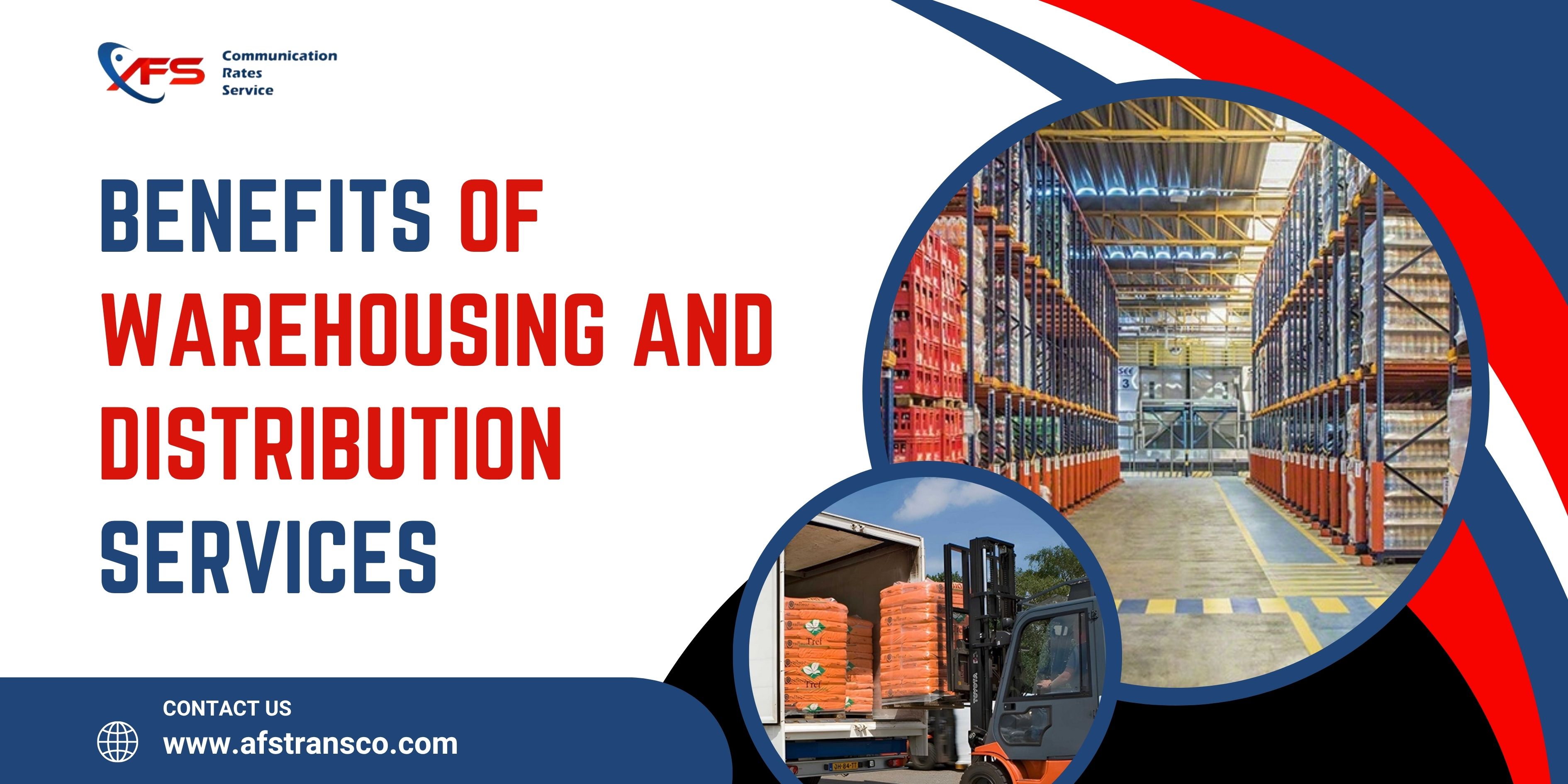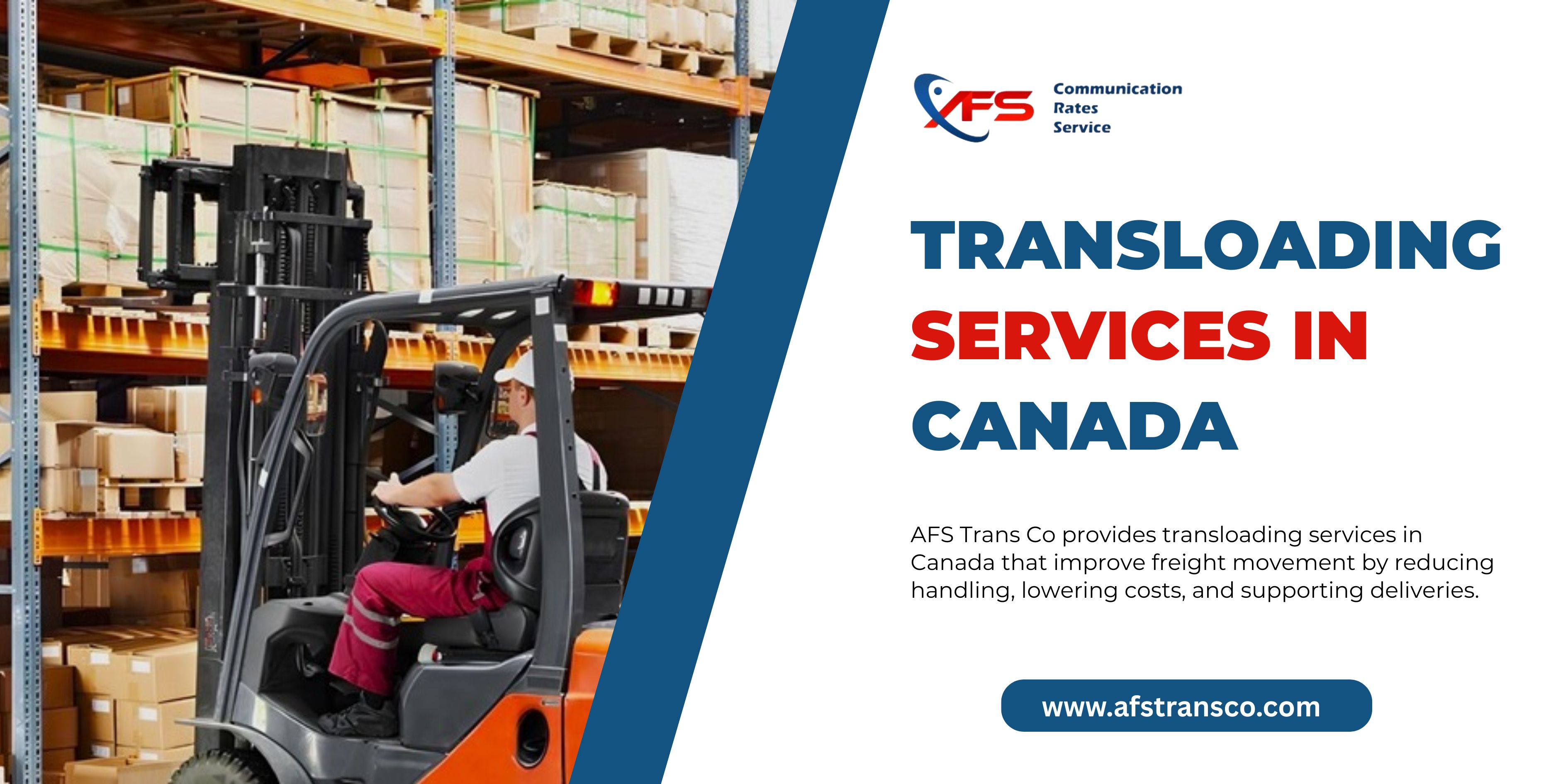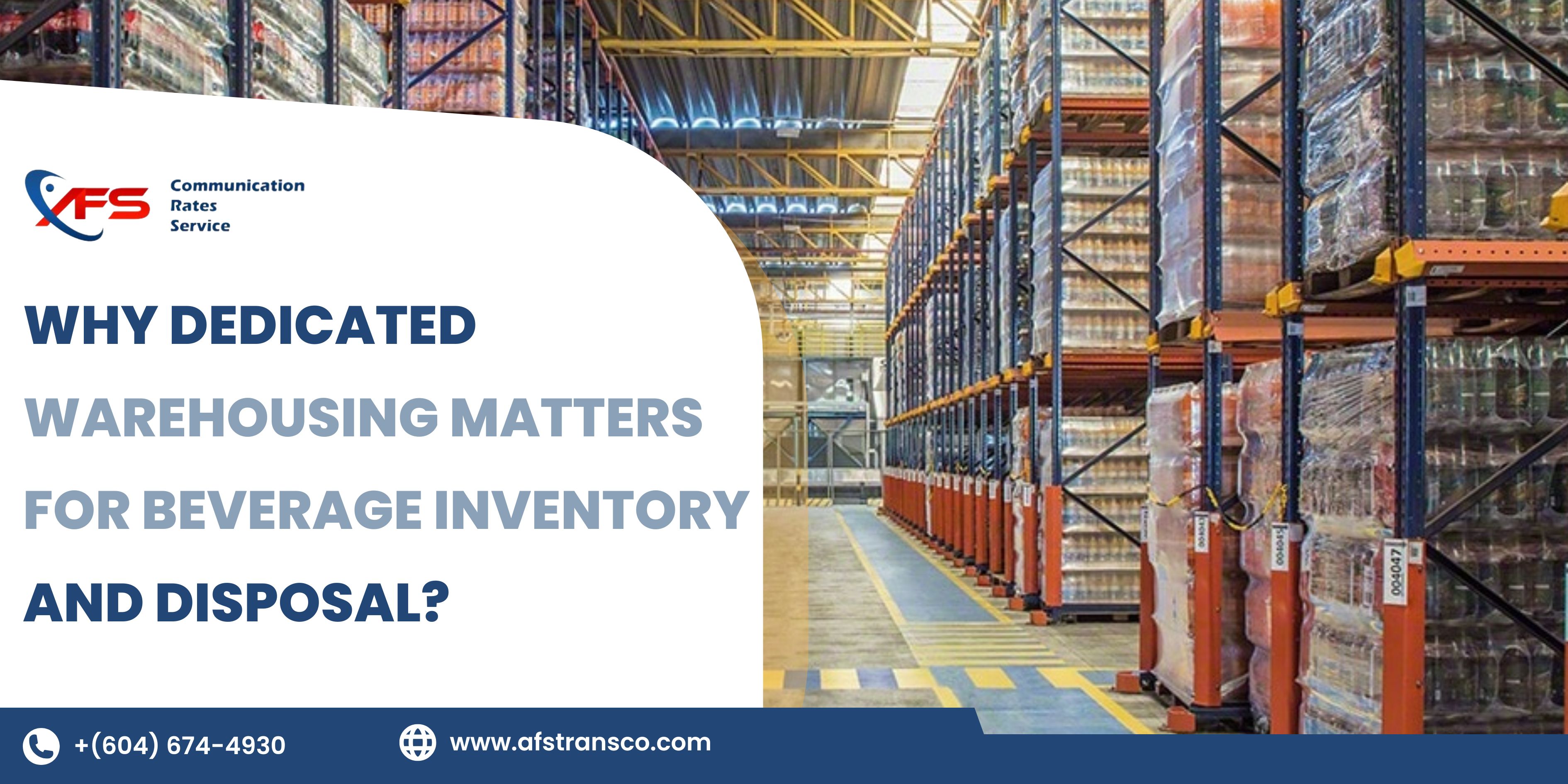When it comes to freight shipping, businesses often find themselves faced with a crucial decision: choosing between Full Truckload (TL) and Less Than Truckload (LTL) services. Both options have their own unique advantages and are suited to different kinds of shipments. Selecting the right method can significantly impact your supply chain efficiency, delivery times, and costs. In this blog, we’ll break down the key differences between TL and LTL shipping, helping you make an informed decision that best suits your needs.
Understanding Full Truckload (TL) Shipping
Full Truckload (TL) shipping is a method where a shipper rents or reserves an entire truck or trailer for a single shipment. In this model, the truck is filled with freight from just one shipper, and the goods are transported directly to their destination without any stops or shared loads with other shippers.
When to Choose TL Shipping
Large or High-Volume Shipments: TL is ideal when you need to ship large quantities of goods that can fill an entire truck. Typically, this might involve 10 or more pallets or shipments that weigh upwards of 15,000 pounds.
Faster Transit Times: Since the truck is not shared with other shipments, there are no additional pickups or drop-offs along the route. This means your goods are transported directly to the destination, reducing transit time significantly.
Sensitive or Fragile Goods: If your goods are fragile, high-value, or time-sensitive, TL shipping is the preferred option. This is because your freight will not be transferred or handled multiple times during the trip, which minimizes the risk of damage.
Dedicated Truck for Special Requirements: TL shipping is also advantageous if you need special handling, such as temperature-controlled reefer trailers for perishable goods. It allows more control over the shipment environment.
Advantages of TL Shipping
Direct Delivery: Freight is delivered directly from the pickup point to the destination, which leads to faster delivery times.
Lower Risk of Damage: Fewer touchpoints and no sharing of space reduce the risk of damage or mishandling.
Cost-Efficient for Large Loads: When you have a large shipment, booking an entire truck can be more cost-effective than paying for multiple LTL shipments.
Disadvantages of TL Shipping
Higher Cost for Smaller Loads: If you don’t have enough freight to fill an entire truck, TL can be expensive since you’re paying for the entire space, even if you don’t use it all.
Less Flexibility: If your shipment is smaller or you don’t need an entire truck, TL may not be the most flexible or cost-efficient option.
Understanding Less Than Truckload (LTL) Shipping
Less Than Truckload (LTL) shipping, as the name suggests, involves sharing the truck with shipments from multiple businesses. You only pay for the portion of the truck space your freight occupies, making it a cost-effective option for smaller loads.
When to Choose LTL Shipping
Small to Medium Shipments: LTL shipping is perfect for smaller shipments that don’t require a full truck. Generally, this includes freight that ranges between 1 and 6 pallets or weighs between 150 to 15,000 pounds.
Cost-Effective for Small Loads: If your shipment is smaller and doesn’t justify the cost of a full truck, LTL allows you to share the space and cost with other shippers. This makes it an economical choice for businesses looking to cut shipping costs.
Flexibility: LTL shipping offers great flexibility, especially for businesses that don’t always have large shipments. You can send smaller loads on an as-needed basis, without having to wait until you can fill a full truck.
Advantages of LTL Shipping
Cost-Effective for Smaller Loads: Since you only pay for the space you use, LTL can be a much more budget-friendly option for smaller shipments.
Environmentally Friendly: Sharing truck space with other shipments reduces the number of trucks on the road, which helps reduce your company’s carbon footprint.
Frequent Shipping Options: With LTL, you don’t need to wait for enough goods to fill a truck, making it easier to ship smaller loads more frequently.
Disadvantages of LTL Shipping
Longer Transit Times: Since your shipment is sharing space with others, the truck will make multiple stops for pickups and deliveries. This often results in longer transit times compared to TL shipping.
Higher Risk of Damage: Because your goods are handled more frequently during the loading and unloading process, there’s a slightly higher risk of damage, especially for fragile items.
Complex Tracking: With multiple shippers sharing the same truck, tracking LTL shipments can be more complicated than with TL.
Key Differences Between TL and LTL Shipping
Freight Volume: TL is best for large shipments that can fill an entire truck, while LTL is suitable for smaller loads that don’t require a full truck.
Cost: TL is generally more expensive unless you have a full truckload of goods. LTL is more cost-effective for small shipments since you only pay for the space you use.
Transit Time: TL offers faster delivery times due to the direct route with no stops, while LTL often involves longer transit times because of multiple pickups and drop-offs.
Risk of Damage: TL shipping involves fewer touchpoints, reducing the risk of damage. In contrast, LTL shipments are handled multiple times, which may increase the risk, especially for delicate freight.
Shipping Flexibility: LTL allows more flexibility for frequent, smaller shipments. TL is better for large, bulk shipments that require special handling or quicker delivery.
Which Should You Choose?
Choosing between Full Truckload (TL) and Less Than Truckload (LTL) depends on your shipment’s size, budget, and urgency. If you’re shipping large quantities of freight or need quicker transit times with fewer stops, TL is the better option. On the other hand, if you have smaller shipments and want to save on shipping costs, LTL will provide you with flexibility and cost efficiency.
Ultimately, the best choice comes down to evaluating your business needs, the type of goods you're shipping, and how quickly you need them delivered. Both TL and LTL offer their own set of advantages, and knowing the key differences can help you optimize your shipping strategy for maximum efficiency.
